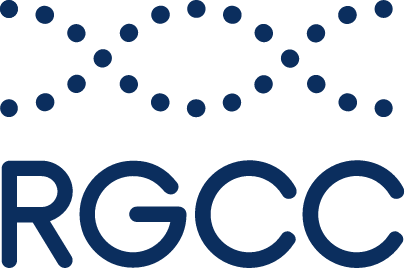New combination immunotherapy delivers knockout blow to lung cancer

Scientists have discovered that combining two existing forms of immunotherapy together is more effective at treating lung cancer. Working together, the two therapies deliver a one-two punch, targeting and then destroying lung tumour cells.
The two-step therapy uses a patients’ immune cells to fight cancer. Scientists extract these “natural killers” from a patients’ tumour or blood and ‘supercharge’ them, expanding and activating them over three weeks, before returning them to the battle.
“Re-arming lung cancer patients’ natural killer immune cells acts as a triple threat against lung cancer,” explains Sophie Poznanski, a McMaster University PhD student and lead author of the paper published in the Journal for ImmunoTherapy of Cancer. By combining these supercharged cells with an advanced form of treatment known as checkpoint blockade therapy they can deliver a double blow to cancer cells.
Poznanski explains how the novel therapy works. “First, these highly activated cells are able to kill tumour cells efficiently. Second, in doing so, they also reactivate tumour killing by exhausted immune cells within the patients’ tumours. And third, they release factors that sensitize patients’ tumours to another immunotherapy called immune checkpoint blockade therapy”.
Checkpoint blockade therapy supports the body’s immune system to identify and target cancer cells. The immune system uses ‘checkpoints’ to identify between healthy normal cells and foreign cells, such as cancer. Scientists have observed that cancer cells find ways to use these checkpoints to avoid detection. Drugs called checkpoint inhibitors can target these areas and have proved to be highly effective in treating advanced lung cancer.
Individually the therapies are powerful; together they have incredible potential. “The combination of these two therapies induces robust tumour destruction against patient tumours that are initially non-responsive to therapy,” Poznanski said.
The combination of therapies delivers what Ali Ashkar, a professor of Medicine at McMaster University and a co-author of the paper, describes as a “one-two punch” that could rapidly translate into new lung cancer treatments.
“Not only is this providing a new treatment for hard-to-treat lung cancer tumors with the natural killer cells, but that treatment also converts the patients who are not responsive to PD1-blockade therapy into highly responsive candidates for this effective treatment,” Ashkar said. The researchers are hopeful that human trials can commence shortly.
The latest development is an encouraging step toward the development of targeted and personalised treatments for cancer. At RGCC, we welcome the contribution this new research makes to the field and believe it will inspire exciting new avenues for therapies and treatments that could save lives. In addition, RGCC CAMBISeq is an NGS (Next Generation Sequencing) based test used to predict a patient’s response to immune checkpoint inhibitors and other targeted therapies.
You can read the full paper, Expanded human NK cells from lung cancer patients sensitize patients’ PDL1−negative tumors to PD1-blockade therapy, here.

